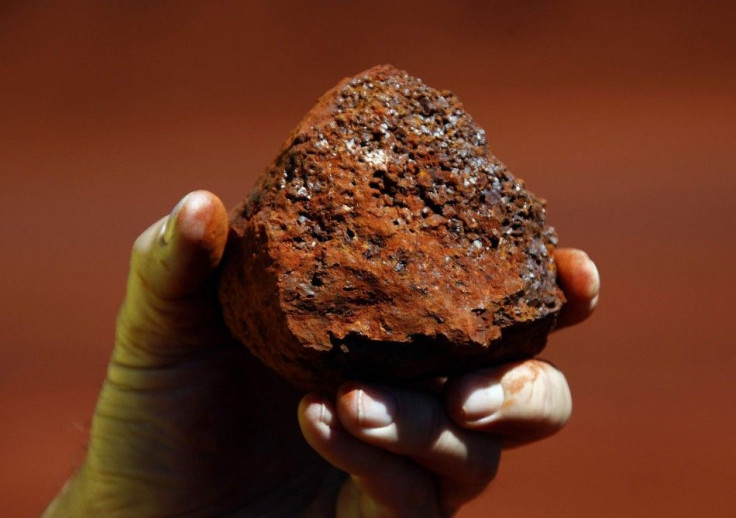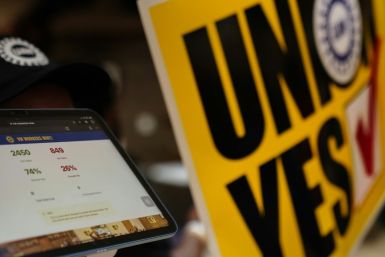Citigroup Forecasts Iron Ore Price To Further Plummet Below $60/Tonne In 2015

Iron ore prices has fallen to a five-year low of $76 per tonne in the international market. But it isn't the worst case scenario because a Citibank study forecasts the price of this key steelmaking-ingredient could still drop to less than $60 in 2015.
That would translate into further belt-tightening measures if not outright closure for junior miners, but the giants such as Rio Tinto (ASX: RIO), BHP Billiton (ASX: BHP) and VALE of Brazil are expected to survive because of their relatively low production costs that they could still earn $20-$30 profit per tonne.
Read: Despite Decline In Iron Ore Prices, Rio Tinto To Keep 2014 Output Target
In a report released on Wednesday, Hong Kong-based Citibank analyst Ivan Szpakowski predicted the price of the commodity would slip to $72 per tonne during Q1 2015, decline further to $65 in Q2, reach an ebb of $60 in Q3 and then slightly climb to $62 in Q4.
The new figures are substantially lower than the bank's previous forecast of $82 in Q1, $80 in Q2, $78 in Q3 and Q4.
Explaining the gloomy outlook, Szpakowski wrote, quoted by Bloomberg, "We expect renewed supply growth to once again drive the market lower in 2016, combine with further demand weakness."
A separate forecast made by ANZ Bank analysts who just came back from a trip to China likewise share a grim prediction - that iron ore price, which is the number one export of Australia, would likely never breach the $100 mark again.
The analysts attributed it to key changes in the dynamics of the iron ore market such as the weaker state of China's real estate sector and excess supply of iron ore. They added the dip in price was faster than anticipated that even industry observers were caught unawares by the speed of the price decline.
"It is really the lack of rebound that we're not seeing in the market which is the reason we have had to become a lot more bearish on the outlook," ABC quotes the ANZ report.
These developments led Goldman Sachs in September to declare the "end of the Iron Age," while the Macquarie Group said the sector's transition is unprecedented in commodity history.
YouTube/IG UK






